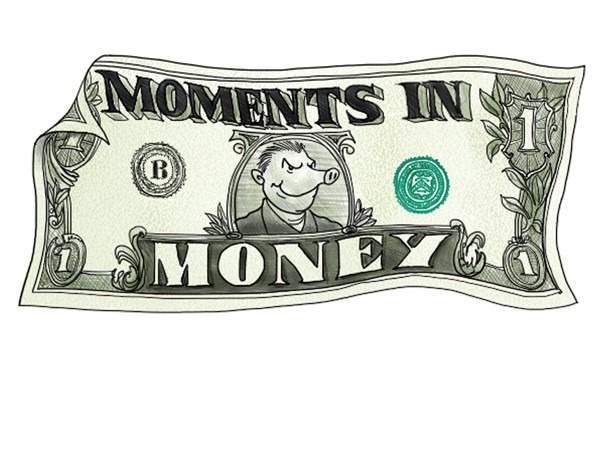
In the first of a new series, Spear’s highlights key moments in the history of finance. For this first edition Alec Marsh looks at the world’s first bank
The Louvre offers those with a financial bent a rare treat. Among the exhibits is the earliest known example of financial regulation. The code of Babylonian king Hammurabi – dating from 1754 BC and immortalised in stone – covers the best things in life, including interest-bearing loans. ‘A merchant may collect interest of 33 and one-third per cent on a loan of grain, and 20 per cent interest may be charged on a loan of silver,’ it proclaims. But such regulation – as FCA chief Andrew Bailey would tell you – does not a bank make.
For those, you can head to Ancient Greece, where by the fourth century BC, chaps known as trapezital, derived from their use of three legged tables (trapeza), were changing money, pawnbroking, and offering interest on deposits and loans. Wealth, meanwhile, was stored in temples and safeguarded by priests.
In Rome, Julius Caesar set up a public fund of confiscated criminal wealth – loaned without interest – and Argentarii in the forum ‘received money in deposit, lent money upon usury, and exchanged worn for perfect money… and dealt in exchanges and discounts’. But it’s still a thousand years before we have ‘bankers’ – from the Italian word Banco, a bench, at which lenders and money changers sat from the 1100s, often Jews forbidden from owning land.
‘When a banker failed, his bench was broken by the populace; and from this circumstance we have our word bankrupt,’ explains James Gilbart in The History and Principles of Banking of 1837.
The first bank proper was founded in 1157 in Venice, guaranteed by the state. With 5 million ducats in its coffers, much revenue generated by the second crusade of the 1140s, this money was subsequently used to fund the later crusades and became, as the London Encyclopaedia put it, ‘an instrument of aggression in aid of political aggrandizement’.
Indeed, Venice lent crusaders the cash for the Fourth Crusade of 1204 – on condition that they started at Christian Constantinople before the Holy Land. Which they did – and thus the first banking conspiracy was born. And all many centuries before the first red braces.
Read more…







